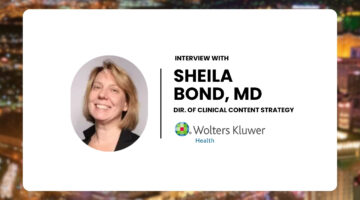I’ve never been more concerned about the harms of healthcare. Any exposure to the health care system can get you in trouble.
It’s especially scary when healthy people enter the system – often in the name of prevention. Remember that the most likely outcome of a medical intervention in a person without complaints is harm. How can we make a person who says he is well any better?

Solera Health’s Playbook To Beat Rising Employer Expenses
Solera Health is working to streamline employer contracting with health tech.
The newest scourge is the treatment of risk factors – not diseases. It’s routine for me to see people admitted to the hospital because of side effects from drugs or procedures used to treat risk factors.
This morning, thanks to my friend Dr. Richard Lehman (University of Oxford), I found this trove of writing from Iona Heath. Dr Heath, a former president of the Royal College of General Practitioners, has written beautifully and extensively about the harms of overdiagnosis and overtreatment.
I loved her 15-minute Plenary Lecture here:

Transforming Clinical Content with Ambient & Generative AI
Sheila Bond, MD, talked about the latest trends regarding integration of AI in healthcare.
And her PowerPoint below addresses the ethical implications of excessive prevention, including the inconvenient truth of cancer screening. Pay attention to the image of how the creation of fear is like a stain in clear water–it can never be removed.
Ethical implications of excessive prevention
Her words inspire me to think differently, to think deeply. I hope they do the same for you.
Photo: Flickr user Bùi Linh Ngân
Dr. Mandrola's post originally appeared on his website.
Dr. Mandrola is a cardiologist who specializes in heart rhythm disorders. He writes about doctoring and cycling at www.drjohnm.org and is a regular columnist at theHeart.org.
This post appears through the MedCity Influencers program. Anyone can publish their perspective on business and innovation in healthcare on MedCity News through MedCity Influencers. Click here to find out how.







